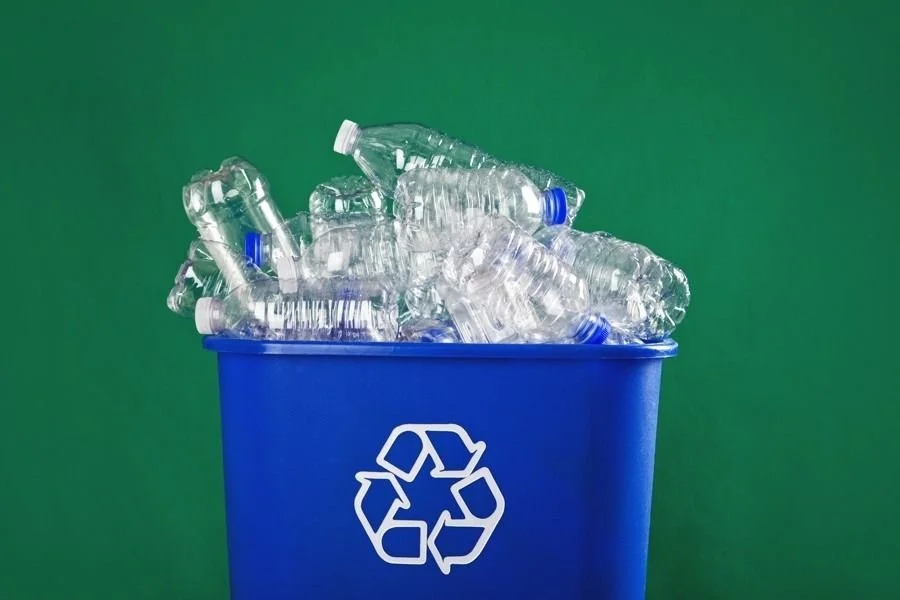Why Are So Many Brands Meeting Their Recycling Goals but Missing Their Recycling Targets?
(Source Credits: BBC)
In response to growing environmental concerns and consumer demand, many major brands have made bold promises to increase their use of recycled materials. Yet, a troubling pattern is emerging: while progress is being made, companies are consistently falling short of their most ambitious recycling targets. Recent announcements from Unilever, PepsiCo, and Colgate-Palmolive admitting they’ll miss key packaging goals only underscore this trend, raising important questions about the challenges these corporations face in realizing their eco-friendly objectives.
The Root of the Problem: A Lack of Concrete Planning
The issue isn’t with the intention; it’s with the execution. Many brands set admirable goals without fully understanding the complexities of sourcing recycled materials. Their strategy often boils down to relying on recyclers to provide the necessary materials. But what happens when those materials aren’t readily available? This is where many brands find themselves hitting a wall.
Why the Traditional Approach Falls Short
Historically, brands have focused on procuring finished goods at the lowest possible cost, an approach that works well in traditional supply chains. However, when it comes to recycled materials, this method is inadequate. The recycling supply chain operates differently, requiring a more hands-on, strategic approach that involves securing consistent material flow and fostering deeper partnerships.
Reverse Engineering the Supply Chain: A Data-Driven Solution
A solid data-driven approach helps us anticipate exactly what’s required to deliver recycled materials on time and in full.
(Source Credits: Plastics For Change)
For example, if a brand needs 100 tons of recycled plastic per month, our data can pinpoint the infrastructure needed to meet that demand:
1,000 waste collectors
100 scrap shops
2 processing centers
This granular level of detail ensures that both quantity and quality are met consistently, preventing the bottlenecks that often derail ambitious recycling targets.
Integrating Sustainability Into Corporate Strategy
The brands making the most progress towards their recycling goals are those that integrate sustainability into their core business strategies. Rather than treating it as a standalone initiative, they weave it into the fabric of their operations.
These companies are working closely with organizations that help plug into their existing supply chains, leveraging the principles of the circular economy to secure raw materials in a sustainable way. This approach goes beyond merely setting targets—it involves creating the infrastructure and partnerships essential to achieving those goals.
Turning Ambitions Into Achievements
By embracing data, building partnerships across the supply chain, and treating recycling targets as an integral part of their business strategy, brands can shift from missing targets to exceeding goals. Success in corporate sustainability isn’t about setting lofty ambitions; it’s about having a realistic, well-thought-out, data-driven plan to meet them.
How Plastics For Change Can Help You Reach Your Targets
At Plastics For Change, we take the stress out of achieving your sustainability goals. With our fair trade certified supply chains and commitment to ethical sourcing, we ensure that brands have access to high-quality recycled materials without worrying about availability or meeting their targets. From collecting ocean-bound plastics to processing and delivering recycled materials, we handle every step with transparency and precision.
Our certifications, including OBP Social Plus, guarantee that you’re not just meeting your recycling targets, but also supporting social impact initiatives that improve the lives of waste collectors and their communities.
Partner with us to create a seamless, data-driven strategy that helps your brand make a lasting impact. With us, you can turn your sustainability commitments into reality—on time, without the headaches.
Ready to take the next step? Contact us today to learn more about how we can help you reach your recycling targets and lead the way in corporate sustainability.


